DHAKA/MUSCAT, Oct 5: Bangladesh and Oman on Sunday ruled out sending troops to Iraq except under mandates of the United Nations and the Gulf Cooperation Council, respectively.
Ruling out sending troops to Iraq, Bangladesh’s Foreign Minister Morshed Khan said: “We can’t send troops to any country under bilateral arrangement but only as (a) peacekeeping force under the UN.”
Mr Khan was quoted by the official BSS news agency as saying after his arrival in Dhaka after holding talks in New York with US Secretary of State Colin Powell that he discussed the Iraq situation with Mr Powell on the sidelines of the UN General Assembly in New York.
India and Pakistan have also both said they would only send soldiers under a UN aegis.
Meanwhile, Oman’s Information Minister Hamad Al Rashdi on Sunday welcomed easing of tensions between Iran and the United States on Tehran’s nuclear programme but ruled out sending troops to Iraq except “within the framework of the Gulf Cooperation Council’s Peninsula Shield.”
Mr Rashdi would not say if the US was pressing Oman to send troops to the US-occupied Iraq, noting that Washington had issued an “open invitation” to all countries to join a stabilization force there.
But he stressed that dispatching troops was not on the table so far as Muscat is concerned.
“We have no intention of sending Omani troops to Iraq ... We are not in the habit of sending troops to other countries, except within the framework of the GCC’s Peninsula Shield,” Rashdi said.
He said a decision on whether or not to send troops was for each country to make, not a “collective” decision, and this applied to the GCC, which groups Bahrain, Kuwait, Qatar, Saudi Arabia and the United Arab Emirates alongside Oman.
Welcoming signs of an apparent easing of Iran-US tensions over Tehran’s nuclear programme, Oman’s information minister said his country, which had good relations with both sides, always tried to help calm things down but was not undertaking any mediation.
“We are not mediating (between Tehran and Washington). We don’t meddle in other people’s affairs,” he said.
“But conciliation efforts within the framework of meetings under the umbrella of the United Nations, the Arab group and regional groupings are ongoing ... such as the meetings now taking place at the UN,” he said.
“What interests us and interests everyone — Gulf littoral states as well as the industrialized world — is to safeguard security and peace in the region ... I think there are welcome signs that things are moving in the direction of pacification and cooperation,” the Omani official said.
He referred in particular to remarks by US Secretary of State Colin Powell, published in the Washington Post, pointing to a possible “dialogue over the nuclear crisis.”—AFP



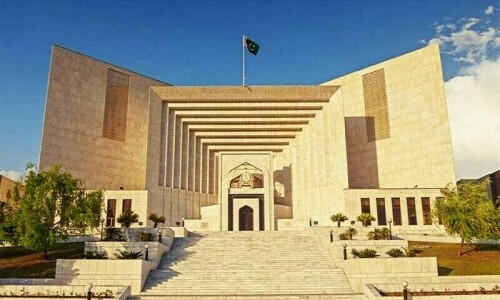











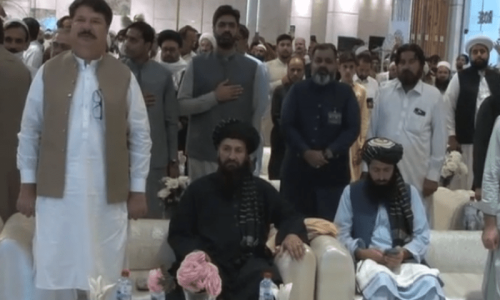


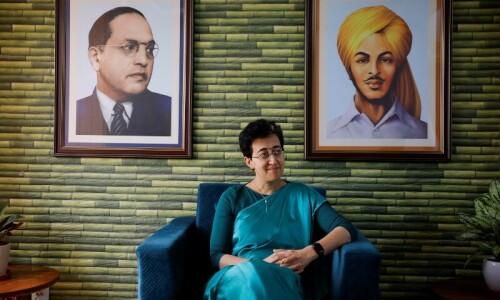
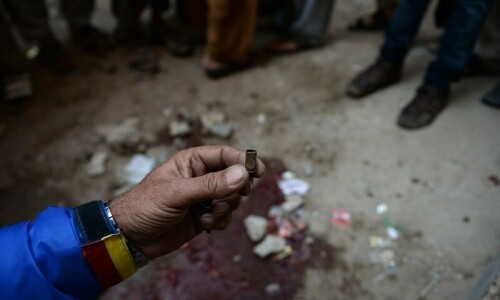
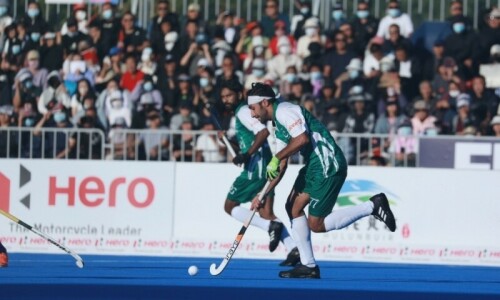


























Dear visitor, the comments section is undergoing an overhaul and will return soon.